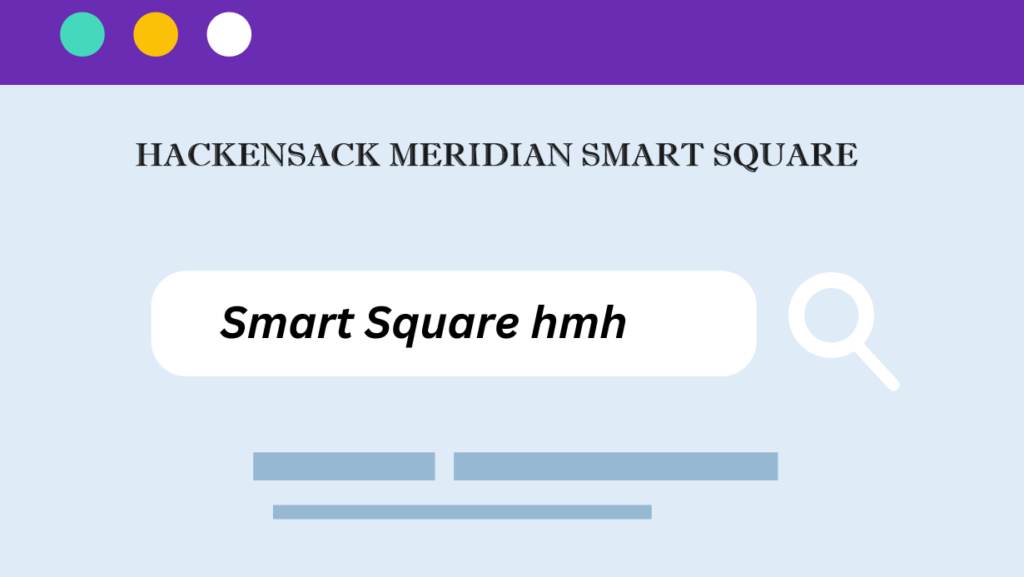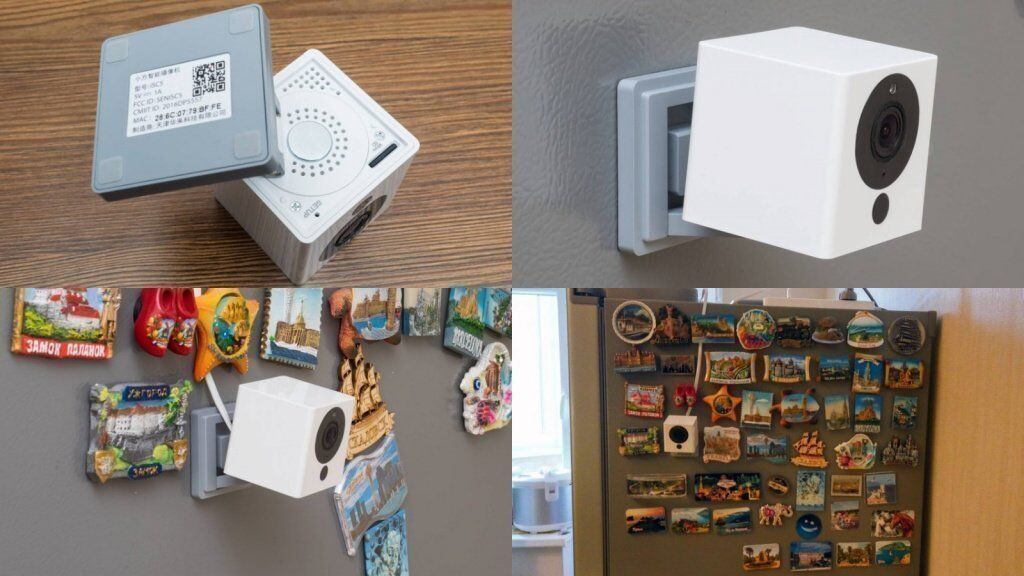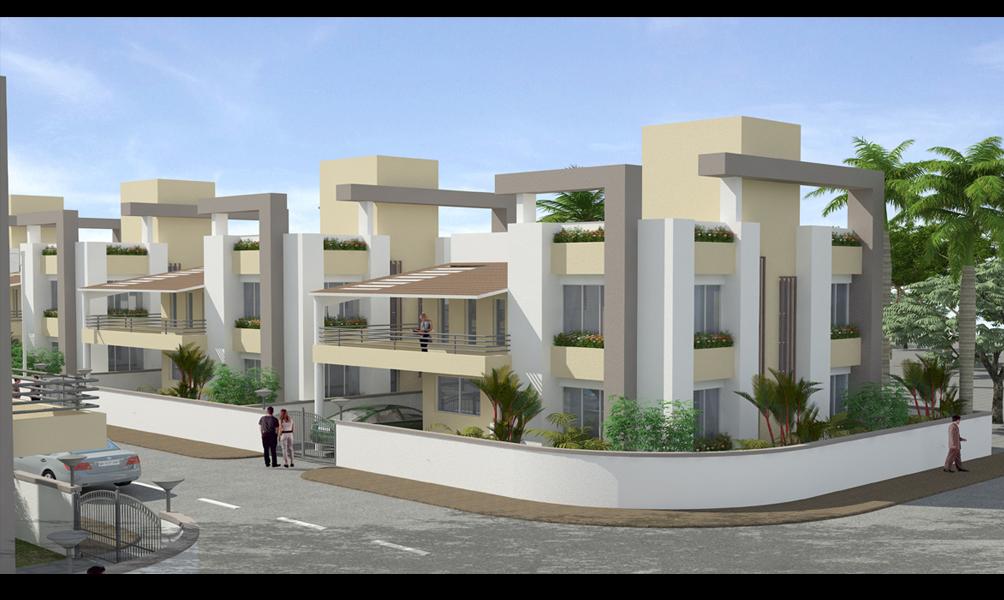In today’s fast-paced healthcare environment, effective workforce management is crucial for delivering high-quality patient care. Hospitals and healthcare facilities are continually looking for solutions that enhance operational efficiency, streamline staff scheduling, and improve overall performance. One such innovative solution is Smart Square HMH. Developed by Hackensack Meridian Health (HMH), Smart Square HMH is a comprehensive workforce management system that utilizes advanced technology to address the unique challenges faced by healthcare organizations. This article explores the features, benefits, and impact of Smart Square HMH on healthcare staffing and patient care.

Understanding Smart Square HMH
Smart Square HMH is a cloud-based workforce management platform designed to optimize staff scheduling and enhance the overall management of healthcare personnel. By integrating various features into a single system, Smart Square HMH provides healthcare organizations with the tools needed to efficiently manage their workforce.
The platform is particularly beneficial for hospitals, clinics, and other healthcare facilities that require precise scheduling and staffing solutions to meet the demands of patient care. By leveraging advanced algorithms and data analytics, Smart Square HMH empowers organizations to make informed decisions about staffing, ensuring that the right personnel are available at the right time.
Key Features of Smart Square HMH
- Automated Scheduling: One of the standout features of Smart Square HMH is its automated scheduling capability. The system considers various factors, including employee availability, skill sets, and patient needs, to generate optimal schedules. This automation significantly reduces the time and effort required for manual scheduling, allowing managers to focus on more strategic tasks.
- Real-Time Analytics: Smart Square HMH offers real-time analytics that provide valuable insights into staffing levels, overtime usage, and employee performance. By analyzing data trends, healthcare organizations can identify patterns and make proactive adjustments to their staffing strategies. This feature is essential for optimizing labor costs and ensuring compliance with regulatory requirements.
- Employee Self-Service: The platform includes a self-service portal for employees, allowing them to view their schedules, request time off, and swap shifts with colleagues. This empowerment enhances employee satisfaction and engagement, as staff members have more control over their work-life balance.
- Compliance Management: Healthcare facilities must adhere to strict regulatory standards regarding staffing and labor laws. Smart Square HMH includes compliance management tools that help organizations monitor and maintain compliance with various regulations. This feature minimizes the risk of violations and associated penalties.
- Mobile Access: In an industry where professionals are often on the move, Smart Square HMH provides mobile access to its platform. Staff can view schedules, receive notifications, and manage their shifts from their smartphones or tablets. This convenience ensures that employees are always connected, even when they are not at their workstations.
- Integration Capabilities: Smart Square HMH is designed to integrate seamlessly with existing systems, such as electronic health records (EHR) and payroll software. This interoperability enhances data accuracy and streamlines administrative processes, resulting in improved operational efficiency.

Benefits of Implementing Smart Square HMH
- Enhanced Operational Efficiency: By automating scheduling and leveraging real-time data analytics, Smart Square HMH significantly improves operational efficiency. Healthcare organizations can reduce the time spent on administrative tasks and focus on delivering quality patient care.
- Improved Patient Care: With optimal staffing levels in place, healthcare facilities can ensure that patients receive timely attention and care. Smart Square HMH helps organizations allocate resources effectively, leading to better patient outcomes and higher satisfaction rates.
- Increased Employee Satisfaction: The self-service portal and flexible scheduling options contribute to increased employee satisfaction. Staff members feel valued and empowered, which can lead to improved morale, reduced turnover rates, and a more positive workplace culture.
- Cost Savings: By optimizing staffing levels and reducing overtime expenses, Smart Square HMH can lead to significant cost savings for healthcare organizations. The ability to forecast staffing needs and make data-driven decisions helps facilities manage their labor budgets more effectively.
- Scalability: As healthcare organizations grow, so do their staffing needs. Smart Square HMH is a scalable solution that can accommodate the evolving demands of a healthcare workforce, making it suitable for organizations of all sizes.

The Impact of Smart Square HMH on Healthcare
The implementation of Smart Square HMH has a profound impact on healthcare organizations and their ability to deliver quality care. By streamlining workforce management processes, facilities can enhance their overall performance and responsiveness to patient needs.
Healthcare providers are under constant pressure to optimize operations while maintaining high standards of care. Smart Square HMH addresses this challenge by providing the tools and insights necessary for effective decision-making. Organizations that adopt this platform can expect to see improvements in operational efficiency, patient satisfaction, and employee engagement.
Moreover, the real-time analytics feature allows healthcare administrators to identify trends and make proactive adjustments. For instance, if a particular department consistently experiences high patient volumes during specific hours, administrators can adjust staffing levels accordingly. This adaptability is crucial in a dynamic healthcare environment where patient needs can fluctuate rapidly.
Case Studies and Success Stories
Several healthcare organizations have successfully implemented Smart Square HMH and reported positive outcomes. For example, one large hospital system in New Jersey experienced a significant reduction in overtime costs after adopting the platform. By optimizing staff schedules and improving forecasting accuracy, the organization was able to save thousands of dollars annually while ensuring that patient care remained a top priority.
Another healthcare facility noted an increase in employee satisfaction scores after introducing Smart Square HMH. The self-service capabilities and enhanced communication tools contributed to a more engaged workforce, resulting in higher retention rates and improved team dynamics.
Conclusion
Smart Square HMH represents a significant advancement in workforce management for the healthcare industry. By integrating innovative features and real-time analytics into a single platform, it empowers healthcare organizations to optimize staffing, improve patient care, and enhance operational efficiency. As the healthcare landscape continues to evolve, solutions like Smart Square HMH will play a vital role in ensuring that organizations can meet the demands of their patients while maintaining a satisfied and engaged workforce.
In a world where every second counts, having a robust and efficient workforce management system is not just an advantage; it is a necessity. Smart Square HMH is at the forefront of this transformation, offering healthcare facilities the tools they need to thrive in an increasingly complex environment. As more organizations embrace this technology, the future of healthcare workforce management looks promising, paving the way for better patient care and improved operational outcomes.


